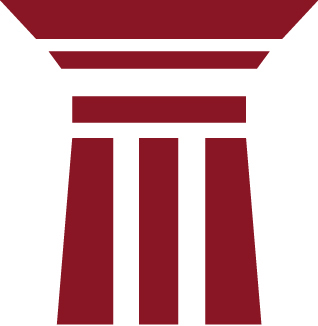News
News
Prof Dr Dr Markus Walz: "Museums are not Secluded Islands of the Blessed".
Prof Dr Dr Markus Walz is Professor of Theoretical and Historical Museology at the Leipzig University of Applied Sciences (HTWK) and also Vice President of ICOM Germany. At this year's MUTEC, he will enrich the conference programme with a lecture in the thematic block on "Preservation". We spoke to him about changes in the museology degree programme and the impact of current events on the museum world.
Editor: You have been teaching theoretical and historical museology at the HTWK in Leipzig for over 20 years. How has the curriculum changed over the course of time?
Prof Dr Dr Markus Walz: The curriculum changes primarily as a result of new research findings. The field of museum history overlaps with several other historical interests, meaning that individual areas are always in flux. For example, in recent decades, there has been great historical and art-historical interest in the art chambers and natural history cabinets of the early modern period. Currently, historians across the world are interested in the period of colonialism.
Sadly, gender research has hardly looked at museums so far, although there were interesting museum developments on women's professional activities in the first half of the 20th century. There is a similar situation in the case of museum theory, albeit to a lesser extent. In recent decades, there has been considerable movement in so-called sociomuseology, which seeks to realign the relationship between museums and museum guests, non-guests and the local population. This has been joined by the development of the umbrella term "participation" outside of sociomuseology. Postcolonial and decolonial theories are currently making waves in museology.
Editor: What developments should museums be keeping an eye on in order to be able to continue to fulfil their role in the best possible way in the future?
Prof Dr Dr Markus Walz: The worldwide repercussions of the Russian invasion of Ukraine have shown that museums are not secluded islands of the blessed. The enormous need for public funds for other purposes raises questions about the necessity of museum funding. The gas crisis requires planning on how non-critical institutions like museums can manage with less energy. In the case of museums, the primary concern is ensuring that collections do not suffer irreparable damage. As interest in visiting museums is only now beginning to pick up again after the pandemic, these debates on necessity come at an inopportune moment for museums.
That aside, the social present is becoming more and more political in a polarising sense, rather than in a communal one. This can lead to certain aspects suddenly coming under the spotlight – whether as a laudable example or as a target of accusations of wrongdoing and, in some circles, perhaps even both at the same time. A significant change in public relations.
Editor: At MUTEC, you will give a lecture on "Permanent Work on Cultural Memory – Light and Dark Sides of the Three Memory Institutions" as part of the thematic block on "Preservation". Can you give us a little preview of these light and dark sides?
Prof Dr Dr Markus Walz: For the time being, I'm waiting to see which contributions come together in order to then define relevant aspects amongst the broader topics presented.




